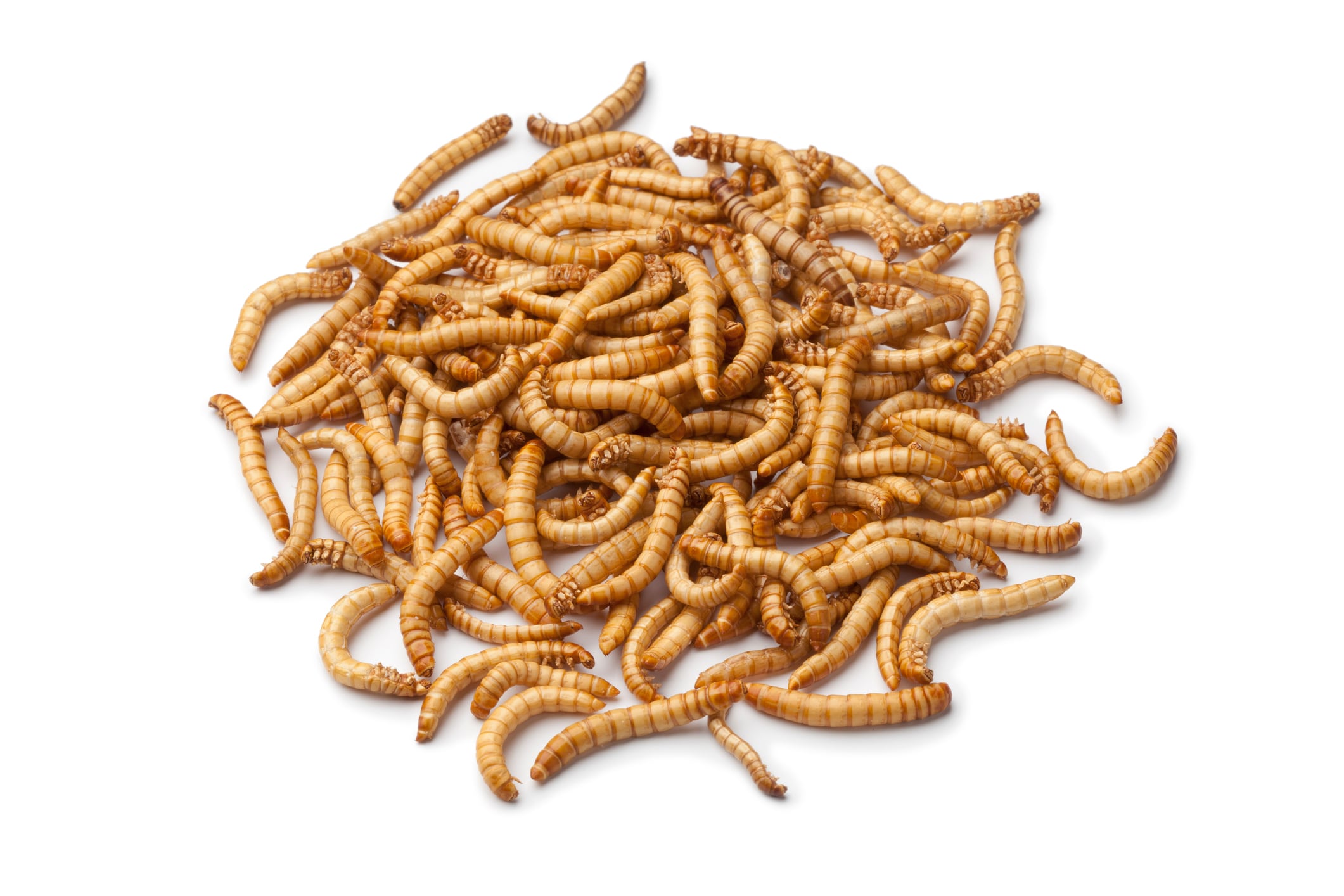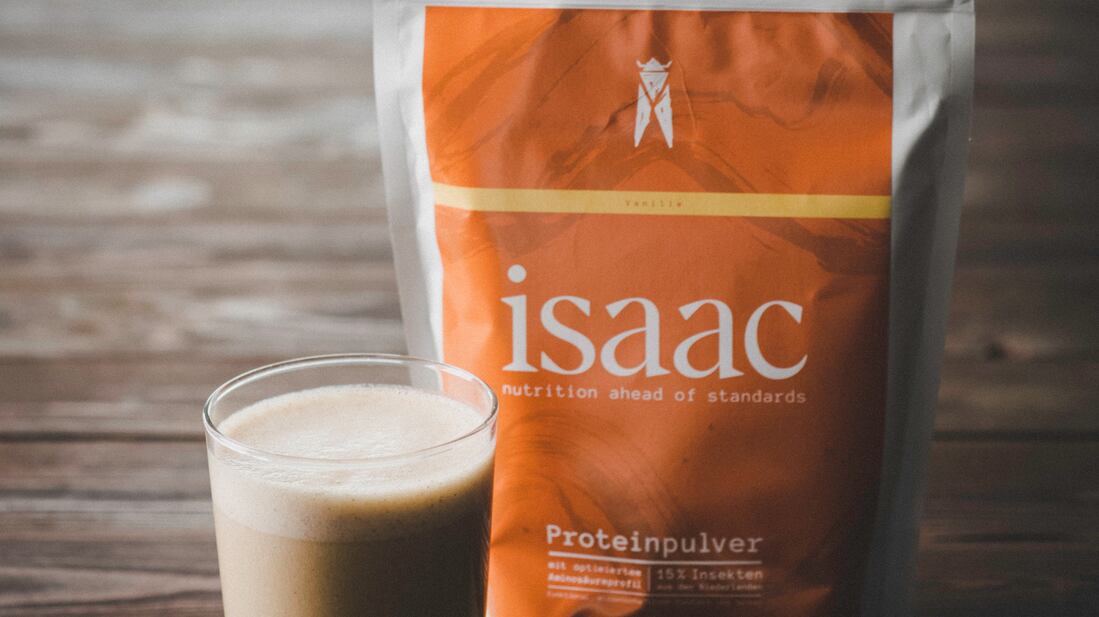The insect protein isolate derived from the lesser mealworm (Alphitobius diaperinus) also matched soy for blood level concentrations in leucine over 120 minutes, report scientists from Aarhus University and the Danish Technological Institute in Nutrients.
Interestingly, the insect protein was found to continue to boost amino acid concentrations beyond the 120 minutes, which indicated that it could be considered a “slow” digestible protein source.
In addition, and unsurprisingly, the data showed that whey was the superior source of protein across all measures.
“The potential of insect protein as an exercise and sports nutrition supplement can be opposed,” the researchers wrote. “After exercise, a rapid increase in EAA [essential amino acids], leucine, in particular, is important for supporting maximal rates of skeletal MPS [muscle protein synthesis]. The insect protein isolate extracted from lesser meal worms, which was tested in the present trial, may not meet this requirement.
“In contrast, it is well-documented that whey protein is a high-quality source and easily digested as documented in the present trial […] Ingestion of whey protein combined with resistance training, therefore, still appears to be the most optimal combination to support muscle growth and strength gains as desired for athletes.”
While this may be disappointing statements for some stakeholders, there is still potential to consider insect protein “as a dietary protein supplement in elderly to prevent age-associated muscle loss”, they added.
Study details
The randomized, cross-over study included six healthy young men who received one of three different protein supplements or placebo on four separate days. Blood samples were collected before ingestion, and again at 0, 20, 40, 60, 90, and 120 minutes post-ingestion.
The protein doses were all 25 grams, and the researchers used whey protein isolate (Lacprodan SP-9225 Instant by Arla Foods Ingredients), soy isolate (provided by LinusPro Aps), and insect protein isolate (provided by Proti-Farm R&D BV).
There is still potential to consider insect protein 'as a dietary protein supplement in elderly to prevent age-associated muscle loss'
Insect protein's sports nutrition benefits pales in comparison to whey protein, but it can still be a potential ingredient for use in the healthy aging segment. Learn more about the latest science and trends in Healthy Aging at our upcoming online conference on Oct. 25.
Results showed that all three protein sources led to significant increases in blood concentration of EAA, branched-chain amino acids (BCAA) and leucine over 120 minutes, with the greatest changes observed for whey, versus soy and insect.
“A tendency towards higher AA concentrations beyond the 120 min period was observed for insect protein,” wrote the researchers.
“This is the first study to investigate the postprandial response after ingestion of insect protein isolate on AA blood concentrations in vivo in humans,” they added. “Furthermore, it is the first time a direct comparison between whey, soy, and insect protein isolate has been performed to evaluate and compare the AA profile and AA availability after ingestion in a human experiment.”
“As the literature on the true protein content and sum of EAA varies, it remains uncertain whether insect protein could supersede soy protein as a high-quality eco-friendly protein for human ingestion. Nevertheless, based on our findings in the present study, insect protein could at least match the quality of soy protein, however, it is yet “slowly” digested. This would, therefore, suggest insect protein to be a potential nutritional compensation for meat, egg, and soy-based foods, which serve as protein rich food sources in common human diets.”
Source: Nutrients
2018, 10(10), 1357; doi: 10.3390/nu10101357
“Ingestion of Insect Protein Isolate Enhances Blood Amino Acid Concentrations Similar to Soy Protein in A Human Trial”
Authors: M.T. Vangsoe et al.



